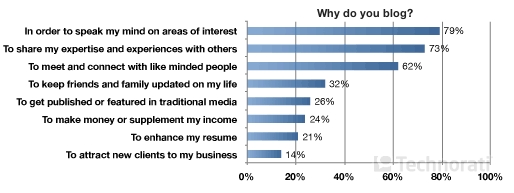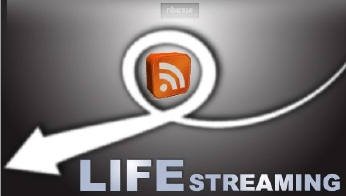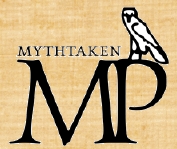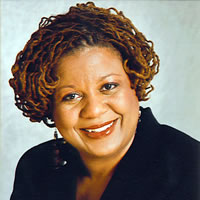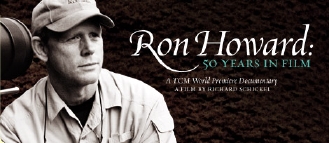Sarah McCue is a force of nature who is involved in several projects aiming at making the world a better place.
One is The Remembering Site, a non-profit initiative that McCue co-founded with D.G. Fulford and launched in 2004 “to make it easy for anyone, anywhere to write, share and publish their life stories.”
McCue has an exciting new project and needs your help. I’ll let her describe the project in her own words:
Five years and so many fascinating life stories later … we are planning an America Remembers campaign where we will approach 100 thought leaders in the arts, business, education, research and science, and service to others to write their life stories. We plan to invite people from all walks of life — from the very well know to the rather unsung unknown.
McCue is asking readers to send her “the name of up to three people whom you respect greatly in your personal or professional network who might be a great candidate to invite to write.”
We’re planning the have 100 “luminaries” to write their life stories by completing a question-based template that will then be printed — our printer partner creates the most beautiful memoirs.
McCue is in discussions with well-respected organizations to form non-financial partnerships with America Remembers to “encourage their members to celebrate the 100 but, more importantly, to encourage their members to write their stories.”
The culmination? McCue explains:
At the end of this year, we will invite these 100 to the Statue of Liberty for a media splash to have their books in hand with a few family members and the message will be, “It was so fun and easy to do this; I encourage everyone to write their life memories to leave for future generations.”
The project seeks both “fairly recognizable faces” and “lesser knowns.”
McCue seeks “bold, courageous readers” to e-mail her to say: “I accept your challenge, and I am going to use your template to write my story, upload and caption my cherished photos so that I can participate in the celebration at the end of the year.”
“The memoir [i.e., answers to our questions] would need to be completed by July,” McCue says, “so we can get them all graphically designed and published and posted at our website for our late fall launch.”


